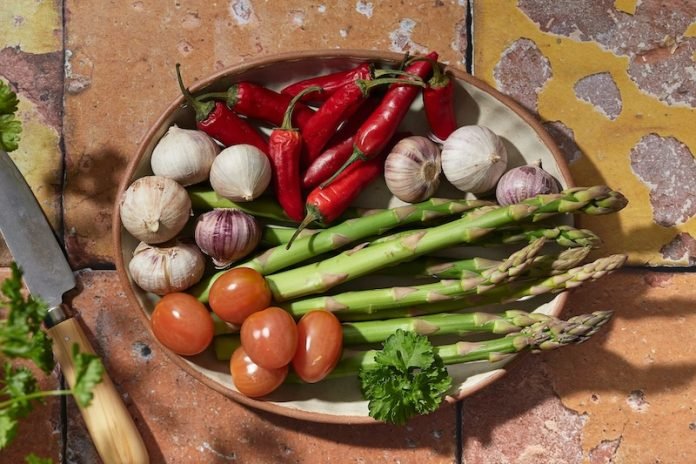
New research spearheaded by Dr. Konstantinos Tsilidis from Imperial College London emphasizes the role of folate in decreasing bowel cancer risk.
This significant discovery offers a straightforward dietary approach to cancer prevention.
Published in The American Journal of Clinical Nutrition, this extensive study analyzed data from over 70,000 individuals.
It investigated how genetic variants interact with dietary folate (vitamin B9), folic acid supplements, and overall folate intake to influence colorectal cancer (CRC) risk.
The researchers discovered that for every 260 micrograms increase in dietary folate intake (around 65% of the recommended daily amount of 400 micrograms), there was a 7% reduction in CRC risk.
This is notable as it encompasses various types of CRC, including cancers of the proximal colon, distal colon, and rectum.
These findings support the idea that even regular levels of folate intake, achievable through a normal diet, can play a role in preventing colorectal cancer.
The study also hints at folate’s interaction with genes that modulate cancer risk, although more research is needed to fully understand this relationship.
Folate in Diet: Easy and Effective
Dr. Tsilidis emphasizes the importance of a varied diet in reducing bowel cancer risk, including foods rich in whole grains, vegetables, fruit, and beans. He highlights the protective benefits of vitamin B9, found in folate.
Folate is naturally present in many foods. Excellent sources are leafy greens like spinach, cabbage, broccoli, sunflower seeds, whole grains, pulses (chickpeas, lentils, beans), and citrus fruits.
Folic acid, the supplement form of folate, is also beneficial, especially for women in pregnancy or planning to become pregnant.
In the UK, where bowel cancer is the fourth most common cancer, this study’s implications are significant. With nearly 45,000 people diagnosed annually, incorporating folate-rich foods into the diet presents an accessible way to reduce this number.
Future Research and Broader Impact
While the study has found a specific genome area that might influence the association between folate supplements and CRC risk, more investigation is necessary to identify the exact genes and how they affect cancer risk.
Dr. Helen Croker from the World Cancer Research Fund and Matt Lambert, a nutritionist, both reinforce the study’s message. They stress the importance of a healthy diet rich in folate for not only reducing cancer risk but also promoting overall health.
They acknowledge that not everyone enjoys eating vegetables, suggesting creative ways to include them in meals.
In conclusion, this research adds to the growing body of evidence that a healthy diet, particularly one rich in folate, can play a crucial role in preventing bowel cancer. It’s a reminder of the power of everyday foods in maintaining health and preventing disease.
As we move forward, further studies will help deepen our understanding of how folate interacts with our genetic makeup to influence cancer risk, potentially leading to more targeted prevention strategies.
If you care about nutrition, please read studies about how Mediterranean diet could protect your brain health, and the best time to take vitamins to prevent heart disease.
For more information about health, please see recent studies about plant nutrients that could help reduce high blood pressure, and these antioxidants could help reduce dementia risk.
The research findings can be found in JAMA Network Open.
Copyright © 2023 Knowridge Science Report. All rights reserved.



